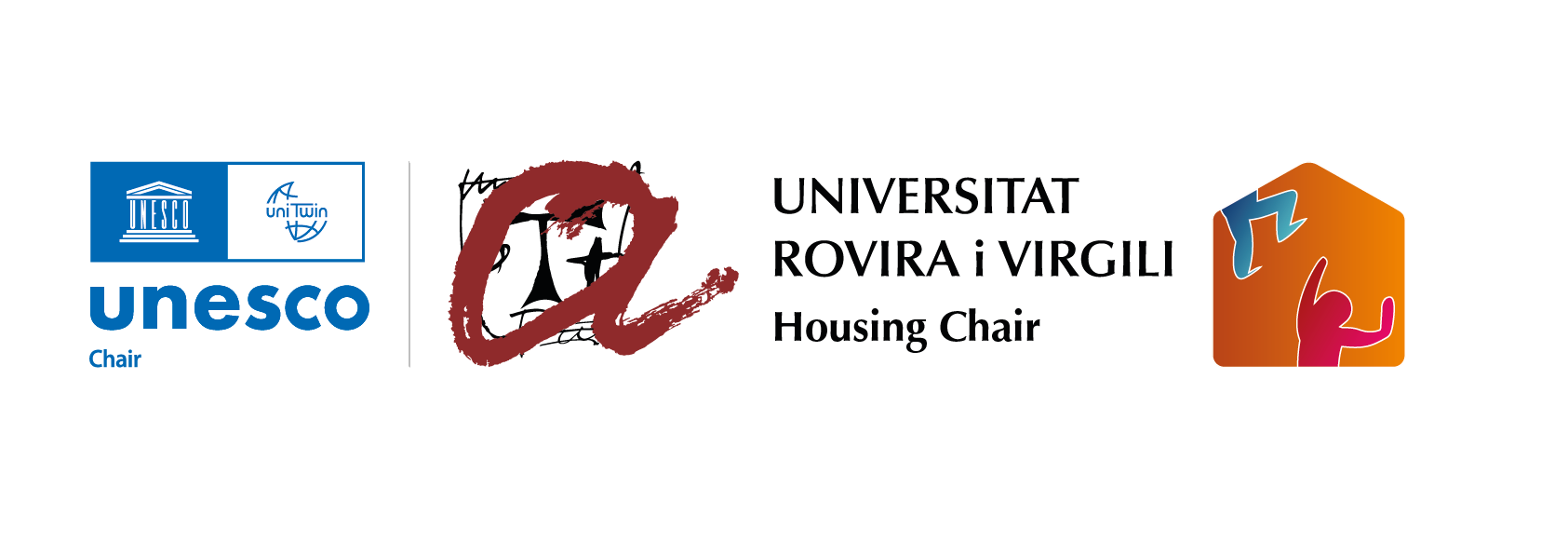Data science of judicial decisions for evidence-based housing policies in Spain (DaSiHo)
Main purpose of the project
The project aims to trace the patterns of legal reasoning inspiring decisions that go on to become cornerstones of jurisprudence, and that may even lead to legislative changes. We will also seek to quantify the desired and undesired consequences of such decisions, and we commit to transfer our results to policymakers and judicial bodies.
Design/methodology/approach
We hypothesize that the patterns of legal reasoning can be uncovered and traced from the analysis of the citations among decisions, and of citations of legal articles by decisions. We also hypothesize that, by understanding these citation patterns, we will be able to identify cornerstone decisions, law changes, and other key events in the field of housing leading to systemic change and to distinct, measurable social impacts.
Potential results
1. To identify judicial decisions that have a disproportionate social impact, or cause relevant trend changes in following courts decisions or even lead to legislative changes, because of their disruptiveness and innovativeness in the field of housing.
2. To identify judicial decisions that result from the social pressure (“robinprudence”).
3. To develop predictive models for abrupt transitions in judicial dynamics.
4. To evaluate gender and geographical inequities in judicial housing-related decisions.
5. To evaluate the effect of disruptiveness and innovation in the professional career of judges.
Social relevance of the research
The project will systematically analyze 26,000 judicial decisions related to housing matters using artificial intelligence, to unveil jurisprudential trends and innovations as a reaction to social movements, international courts’ sentences or legislative changes or as a precedent for those, taking into account geographical, temporal and gender perspectives. Ultimately, predictive models will be developed.
Originality/value of the project
DaSiHo aims to combine existing international research on housing in law and the social sciences, with data science approaches. The data science perspective will allow us to scrutinize systematically and quantitatively a large body of judicial decisions, focusing on the citations among decisions, as well as the citations of law articles by decisions.
Researchers
The team brings together researchers from the UNESCO Housing Chair (mainly composed of lawyers) and from the SEES Lab (mainly composed of physicists and mathematicians), both from URV. Both groups have been working together for some time and are already training together a doctoral candidate in data analysis of judicial decisions.
The PI of DaSiHo is Prof. Sergio Nasarre-Aznar, who is Full Professor of Civil Law, Director of the UNESCO Housing Chair at URV and ICREA researcher. He is a consultant in housing matters for the EU Commission, the Spanish, German and Catalan Governments, Amnesty International, FAO and the Association of German Pfandbrief Banks. He has been Deputy Judge in the Court of Appeal of Tarragona for 15 years. He has written four books and edited nine more. He has published 95 research papers and book chapters and has delivered over 180 invited talks in 15 countries. He has taken part in drafting five laws related to housing and has led or has been involved in more than 40 national and international research projects. Other senior members of the Housing Chair involved in DaSiHo are Dr. Héctor Simón, expert in housing law and human rights, and Dr. Rosa Mª Garcia, expert in housing and new technologies law.
The SEES Lab brings to DaSiHo expertise in data science and modeling of complex systems. Prof. Dr. Marta Sales Pardo is an Associate Professor at the Department of Chemical Engineering. Before, she was a Research Assistant Professor and a Fulbright Scholar at Northwestern University. Dr. Sales Pardo has published 55 scientific articles in international journals, including top interdisciplinary journals such as Science, Science Advances, and PNAS. According to Scopus her publications have received over 3,000 citations (Google Scholar: 4,584), for an average of 300 citations per year during the last five years (GS: 450). In 2013, she received an ICREA Award. As of 2019 she is part of the Advisory Committee for the Complex Systems Program of the James S. McDonnell Foundation. Prof. Dr. Roger Guimerà is an ICREA Research Professor at the Department of Chemical Engineering. Dr. Guimerà has published 65 scientific articles in international journals, including Nature, Science, Science Advances, and PNAS. His publications have received 8,662 citations (Google Scholar: 13,672), for an average of 133 citations per article (GS: 210). He has been awarded the Premi Nacional de Recerca al Talent Jove by the Generalitat de Catalunya (2010); the Erdös-Rényi Prize in network science (2012); and the Young Scientist Award in Socio- and Econo-Physics by the German Physical Society (2014).
Supported by:




